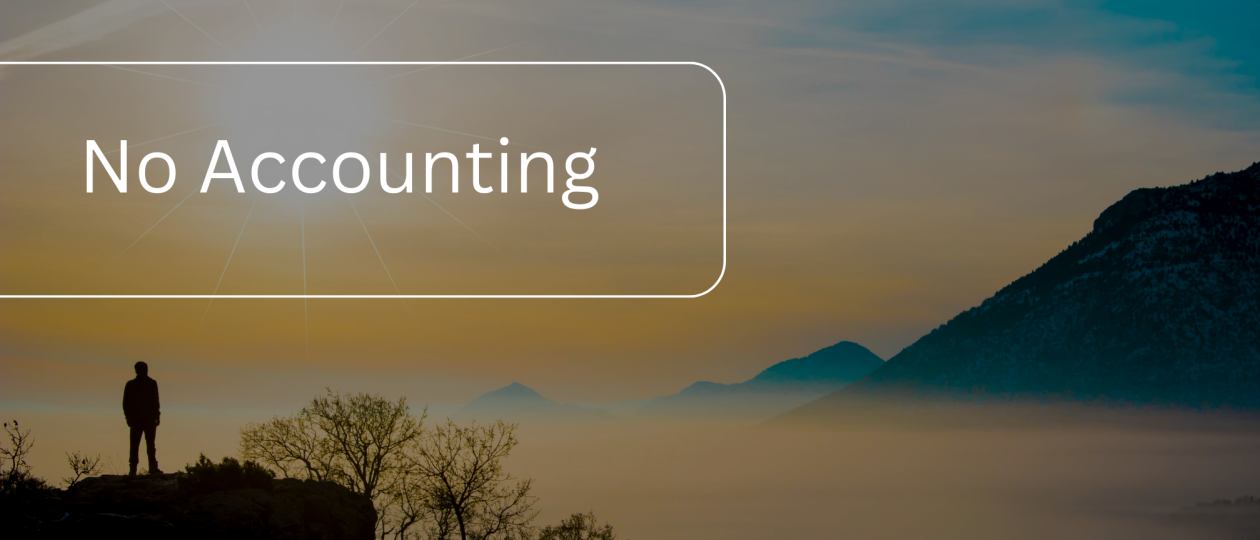No Accounting
Usually, when I’m writing these posts, I try to find some dramatic positive hook for the first sentence— “do you know that there will not be a single person in hell because of sin?” That sort of thing. I’m not doing that today, although I probably could, because I want to be upfront that today’s topic will be difficult and unpopular. Forgiveness usually is, in the times and places that need it most.
C.S. Lewis once wrote, “Every one says forgiveness is a lovely idea, until they have something to forgive, as we had during the war. And then, to mention the subject at all is to be greeted with howls of anger. It is not that people think this too high and difficult a virtue: it is that they think it hateful and contemptible.” It’s easy to see why this is the case. The trouble with forgiveness is that it places an additional burden on those already wronged. Even now, I’m sure many of you are thinking how easy it is for me to sit here in my office and tell you to forgive. How could I know? I haven’t felt your wounds or seen with your eyes. And you’re right, of course. It is easy for me to say that. Now.
First, we should establish exactly what we mean by forgiveness. Our title today comes from scripture, “love keeps no accounting of wrongs.” There are two parts here worth noting: the idea of keeping no accounting, and the subject doing this lack of accounting: which you will notice is not God or “you,” the reader, but love.
We’ll start with that first part, “no accounting of wrongs,” although really, we’ll have to put them together pretty quickly.
Now, I’ve always been quick to clarify that forgiveness doesn’t mean sustaining a destructive pattern. If someone in your community were a murderer, for example, then I believe it is our duty as brothers and sisters in spirit to accept them as our (wayward) sibling, to grieve for their pain as well as that of their victims, and to hope that in time, they may let go of whatever lies and pains are driving them to those crimes.
However, it is also our duty as responsible citizens of this world, to support law enforcement in their jobs, and to take practical measures against that person harming anyone else. This, I think, is where the subject of that verse comes in. We must all be accountable to this world so long as we’re living in it, but love, the deepest spiritual part of us, can look past that and see a human heart just like our own.
That may seem awfully strange and difficult—and it is—but if you need an example of what that looks like, try the mirror. We’ve all made mistakes in our lives, but that doesn’t stop you caring for yourself and wishing the best for yourself. When you know you’ve done wrong, you do not (I hope) feel hatred, but sorrow. You regret that you are the sort of person who would do something like that, and you hope and try to become better. This, I think, is a large part of what scripture means by, “love your neighbor as yourself.”
Have a blessed, wonderful day!
P.S. At the end of last week’s post, I hinted that we would be following up on the subject of subconscious feelings, and how to differentiate the meaningful ones from the random, intrusive ones. Since I’ve gotten a little sidetracked here, we’ll try and follow up on that next week—thanks for your patience.
Dr. Alex Loyd



